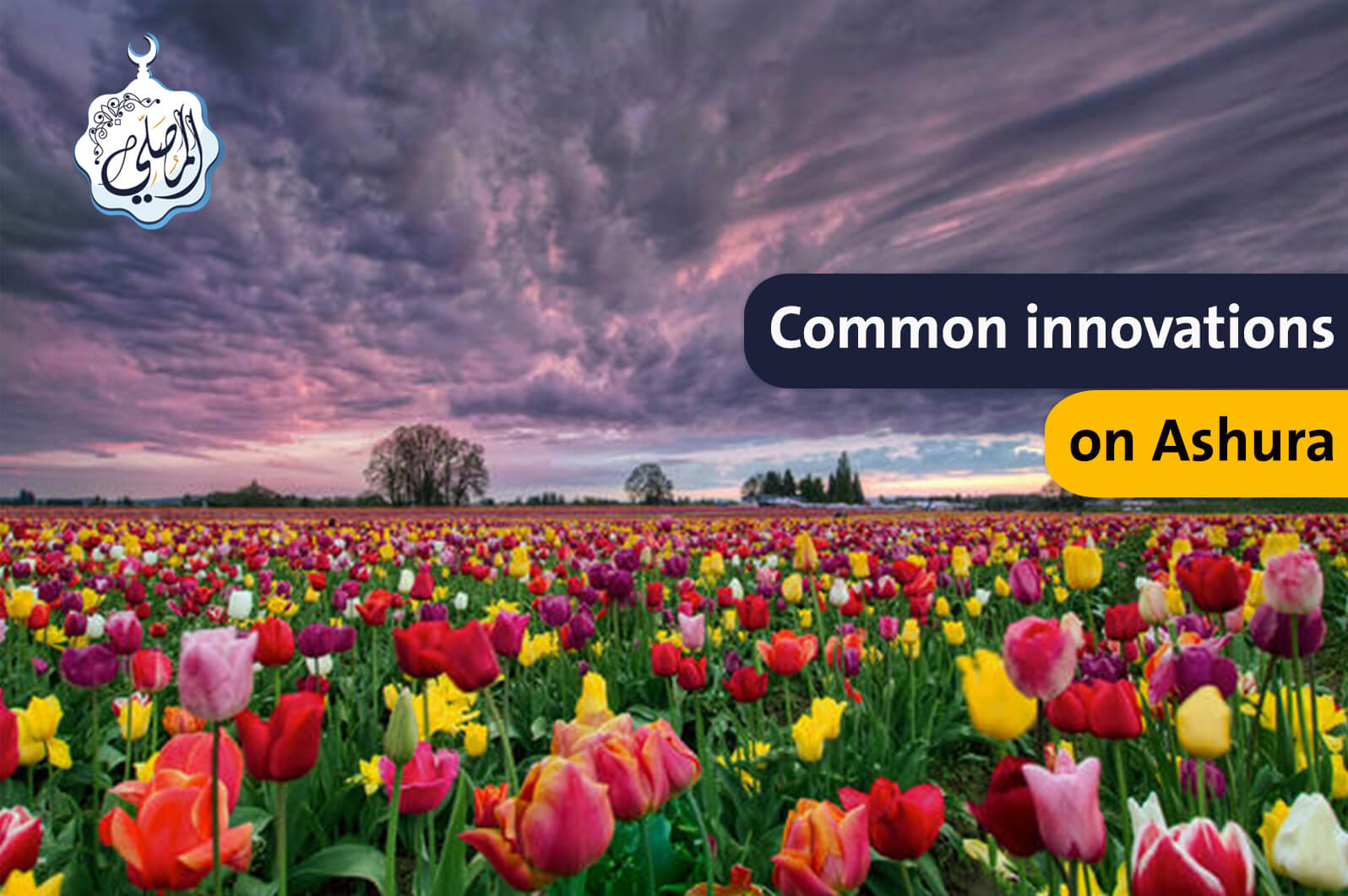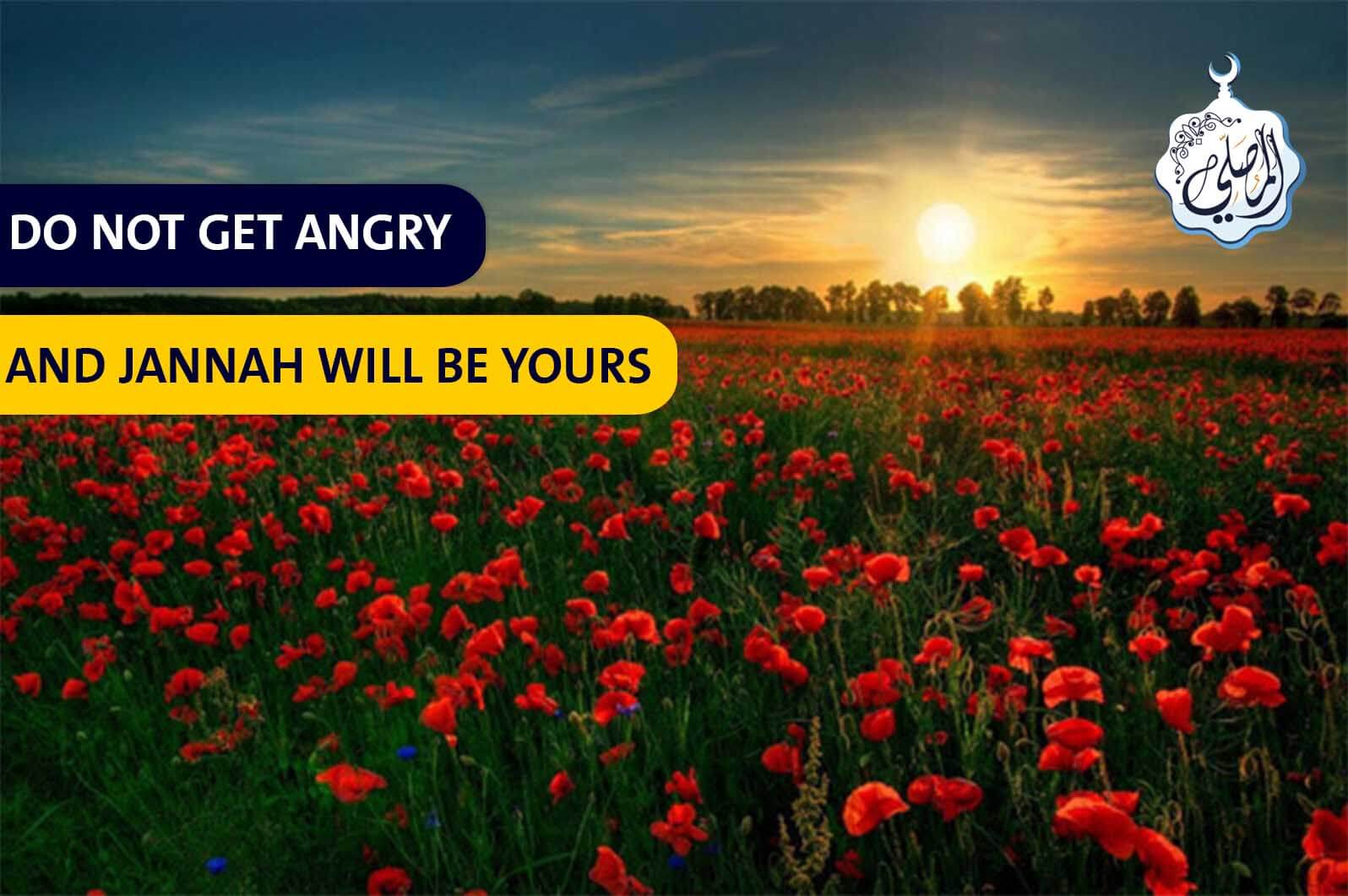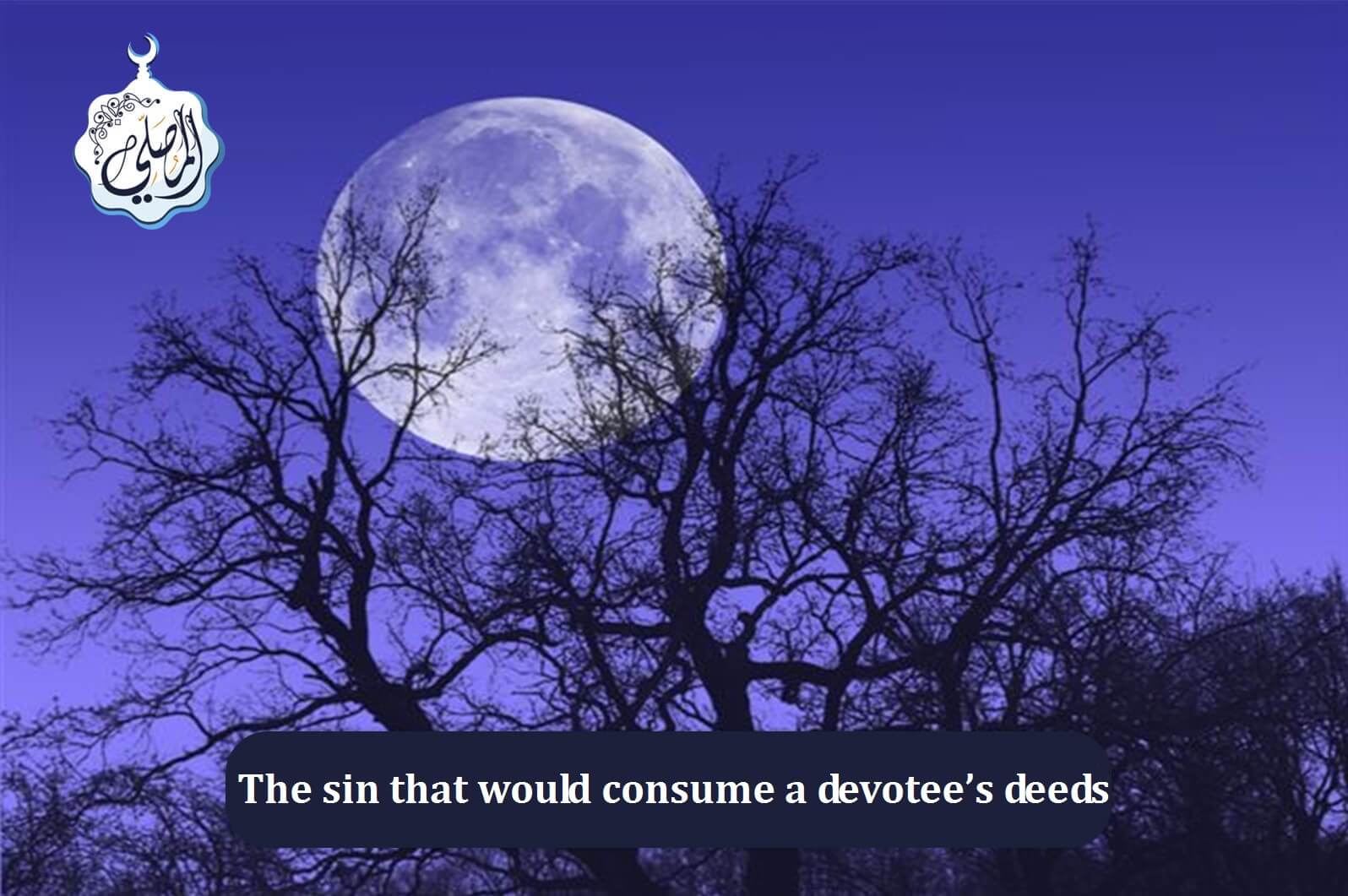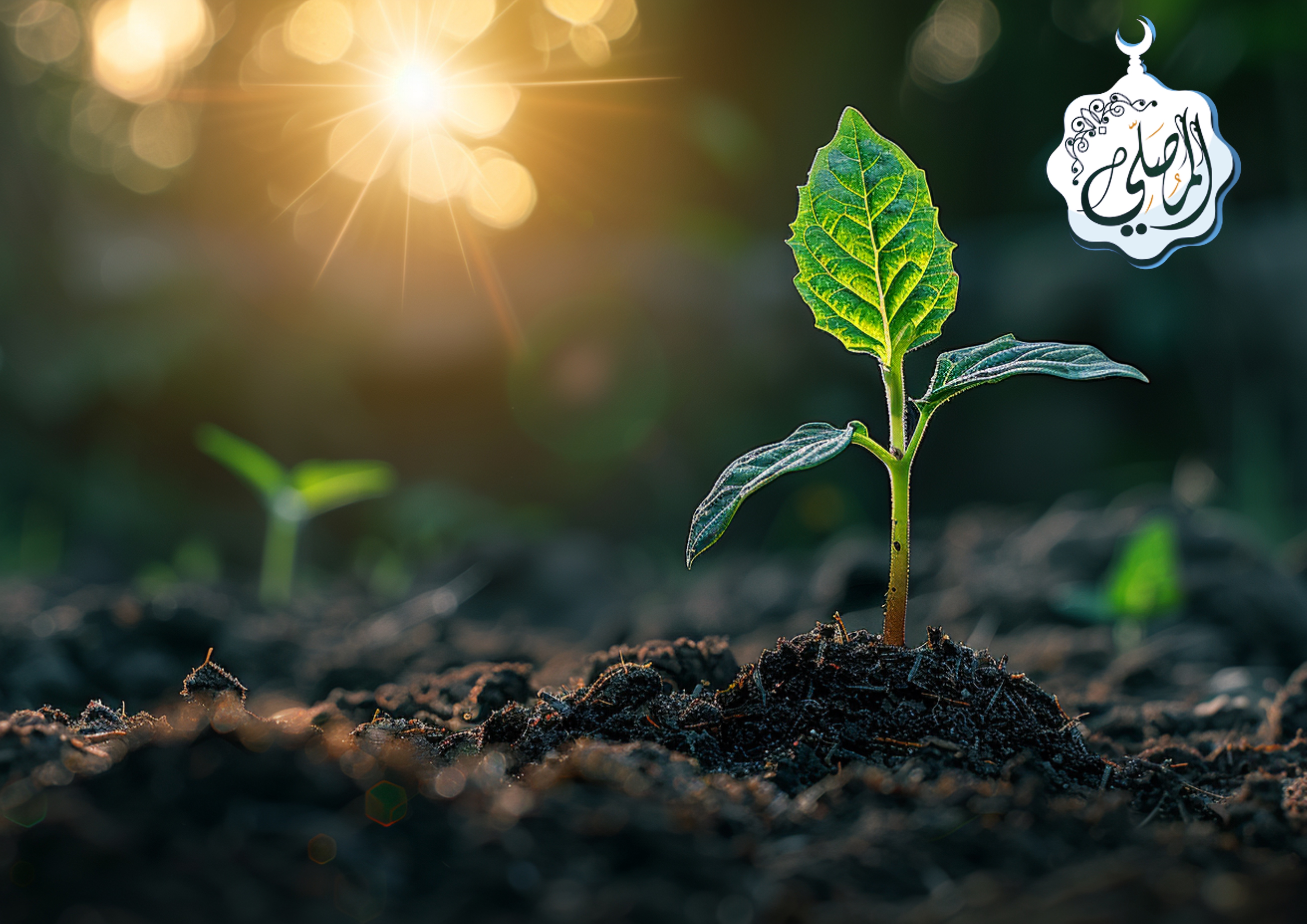
In the journey of life, challenges are inevitable. They come in waves—sometimes as gentle ripples, other times as crashing storms. For a Muslim, the response to these trials is not despair or complaint, but a single, powerful weapon: Sabr (patience). More than just enduring hardship, Sabr is an active, dynamic state of the heart that draws a believer closer to Allah. It is a quality so essential that Allah mentions it over 90 times in the Quran, promising immense rewards for those who embody it.
This article explores the multifaceted nature of Sabr, its different types, and its pivotal role in overcoming life's challenges, all through the divine lens of the Quran and the practical example of the Prophet Muhammad (ﷺ).
1. What is Sabr? Beyond Mere Waiting
Sabr is often mistranslated as "patience," but its meaning in Arabic is far more profound. It encompasses:
Patience: Enduring hardship without complaint.
Perseverance: Steadfastness in pursuing good deeds.
Self-Restraint: Resisting temptations and desires that displease Allah.
Acceptance: Submitting to Allah’s decree with a content heart.
It is the calm strength that allows a believer to navigate the tests of life with grace and unwavering faith.
Allah says:
"O you who have believed, seek help through patience and prayer. Indeed, Allah is with the patient." (Quran 2:153)
2. The Three Pillars of Sabr: A Comprehensive Framework
The scholars of Islam have categorized Sabr into three main types, covering every challenge a believer may face.
A. Sabr ‘ala at-Taa’ah (Patience in Obedience to Allah)
This is the patience required to perform acts of worship consistently, especially when it becomes difficult.
Examples: Waking up for Fajr prayer on a cold morning, fasting long summer days in Ramadan, controlling one's tongue from gossip, giving charity when we love our wealth.
Quranic Insight: Allah commands the believers to be patient in prayer (Quran 2:45).
From the Sunnah: The Prophet (ﷺ) was the most steadfast in his worship, even when it was physically demanding. He would stand in prayer so long that his feet would swell. When asked why he did this, he replied, "Should I not be a grateful servant?" (Sahih al-Bukhari)
B. Sabr ‘an al-Ma’siyah (Patience in Avoiding Disobedience to Allah)
This is the patience required to resist temptations and avoid sins. It is the internal struggle against our own base desires.
Examples: Lowering the gaze, avoiding haram income, walking away from an argument, refusing alcohol or drugs.
Quranic Insight: The story of Prophet Yusuf (AS) is the ultimate example. Faced with immense temptation, he said, "My Lord, prison is more to my liking than that to which they invite me. And if You do not avert their plan from me, I will incline toward them and be of the ignorant." (Quran 12:33)
From the Sunnah: The Prophet (ﷺ) said, "The strong is not the one who overcomes the people by his strength, but the strong is the one who controls himself while in anger." (Sahih al-Bukhari)
C. Sabr ‘ala al-Musibah (Patience in the Face of Adversity)
This is the patience most commonly understood. It is how we respond to trials outside our control: illness, loss of a loved one, financial hardship, or any other calamity.
The Correct Response: The believer is required to respond with three levels of patience:
Patience of the Heart: To have iman that this is from Allah and His decree.
Patience of the Tongue: To refrain from complaining against Allah (e.g., "Why me?!").
Patience of the Limbs: To refrain from striking one's face, tearing clothes, or other acts of despair.
Quranic Insight: Allah gives the greatest comfort, "And We will surely test you with something of fear and hunger and a loss of wealth and lives and fruits, but give good tidings to the patient, Who, when disaster strikes them, say, 'Indeed we belong to Allah, and indeed to Him we will return.'" (Quran 2:155-156)
From the Sunnah: When the Prophet (ﷺ) lost his young son Ibrahim, he wept. But he also said, "The eyes shed tears and the heart is grieved, but we will not say anything except that which pleases our Lord. O Ibrahim, we are indeed grieved by your departure." (Sahih al-Bukhari)
3. The Fruits of Patience: Why Sabr is Our Greatest Investment
The rewards for those who practice Sabr are not just in the distant Hereafter; they begin in this very world.
Allah's Company: The greatest reward is mentioned in the verse: "Indeed, Allah is with the patient." (Quran 2:153)
Unlimited Reward: Allah says, "Indeed, the patient will be given their reward without account." (Quran 39:10)
Leadership and Guidance: Patience and certainty in Allah are the qualities that make one a leader in faith. "And We made from among them leaders guiding by Our command when they were patient and certain of Our signs." (Quran 32:24)
Inner Peace and Victory: Sabr is the key to overcoming any challenge. "And if you are patient and fear Allah, their plot will not harm you at all." (Quran 3:120)
4. How to Cultivate Patience in Daily Life
Sabr is a muscle that must be exercised. Here’s how to strengthen it:
Change Your Perspective: View every challenge as a test from Allah, an opportunity to have your sins erased and your rank elevated.
Seek Help Through Prayer (Salah): As instructed in the Quran (2:45), Salah is the ultimate tool for seeking divine assistance.
Make Dua for Sabr: Proactively ask Allah to grant you patience. "Allahumma inni as'aluka as-sabr" (O Allah, I ask You for patience).
Remember the Stories of the Prophets: Their lives were filled with tests far greater than ours, yet they remained patient and ultimately victorious.
Surround Yourself with Patient People: Company has a profound effect on one's character.
Conclusion: The Steadfast Path to Paradise
Sabr is not a passive resignation to fate. It is an active, courageous, and deeply spiritual state of being. It is the rope that keeps a believer connected to Allah through the darkest storms and the brightest days.
The path to Jannah is paved with challenges, and Sabr is our vehicle to navigate it. As the Prophet (ﷺ) said:
"No fatigue, nor disease, nor sorrow, nor sadness, nor hurt, nor distress befalls a Muslim, even if it were the prick he receives from a thorn, but that Allah expiates some of his sins for that." (Sahih al-Bukhari)
Let us strive to embody this noble virtue, trusting that with every moment of patience, we are drawing closer to our Lord and the eternal reward He has promised.
May Allah make us among the patient, the grateful, and those who are victorious through His mercy. Ameen.










 share facebook
share facebook share whatsApp
share whatsApp share twitter
share twitter share telegram
share telegram copy
copy







